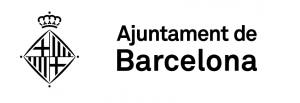The ChagasLAMP consortium is looking for faster and more effective ways of diagnosing Chagas disease
Chagas disease, which is transmitted by the bite of triatomine insects (kissing bugs), is not easy or quick to diagnose. Confirmatory tests (based on microscopy or serology) are often needed, and there is a long wait between tests. There is a risk that many people, particularly those living in remote areas, will not return for test confirmation and care. The problem is that chronic T. cruzi infection can lead to severe heart and intestinal disorders later on, and infected mothers can pass the parasite to their babies during pregnancy (congenital transmission).
Around 6–7 million people worldwide are infected with Trypanosoma cruzi, the parasite that causes Chagas disease. Many do not know it.
An international consortium
At ISGlobal, Chagas Initiative co-director Julio Alonso Padilla and his team have teamed up with other partners including Eiken Chemical (Japan) and AI Biosciences (USA) to validate faster, more effective methods for diagnosing Chagas disease in pregnant women and their newborns. These methods consist of rapid serological tests (for pregnant women) and the LAMP technique to amplify parasite DNA (for newborns), which is easier, faster and less expensive than PCR.
The resulting ChagasLAMP consortium, coordinated by ISGlobal and funded by the Global Health Innovative Technology (GHIT) Fund of Japan with support from the Mundo Sano Foundation, has begun work in areas of Argentina, Paraguay and Bolivia that are highly affected by the disease. “This is the largest study of its kind in terms of geographical coverage,” says Alonso Padilla.
Phase one completed, phase two ongoing
The first phase of the study, launched in April 2021, identified the optimal serological tools to be used at each site. The consortium will now test the LAMP diagnostic kits provided by Eiken for the early detection of Chagas disease in newborns by analysing blood samples collected from babies born in the participating hospitals, both at birth and in their second month of life. The consortium will also assess the rapid diagnostic tests in pregnant mothers, compared to conventional serological tests.
“Thanks to the combined efforts in the three countries, we expect to validate these new methods and support a change in the existing screening strategies for congenital Chagas disease in newborns and for chronic disease in adults,” says Padilla.
Rapid, effective and affordable screening strategies could lead to many more babies—and adults—being promptly diagnosed and treated for this neglected tropical disease.









